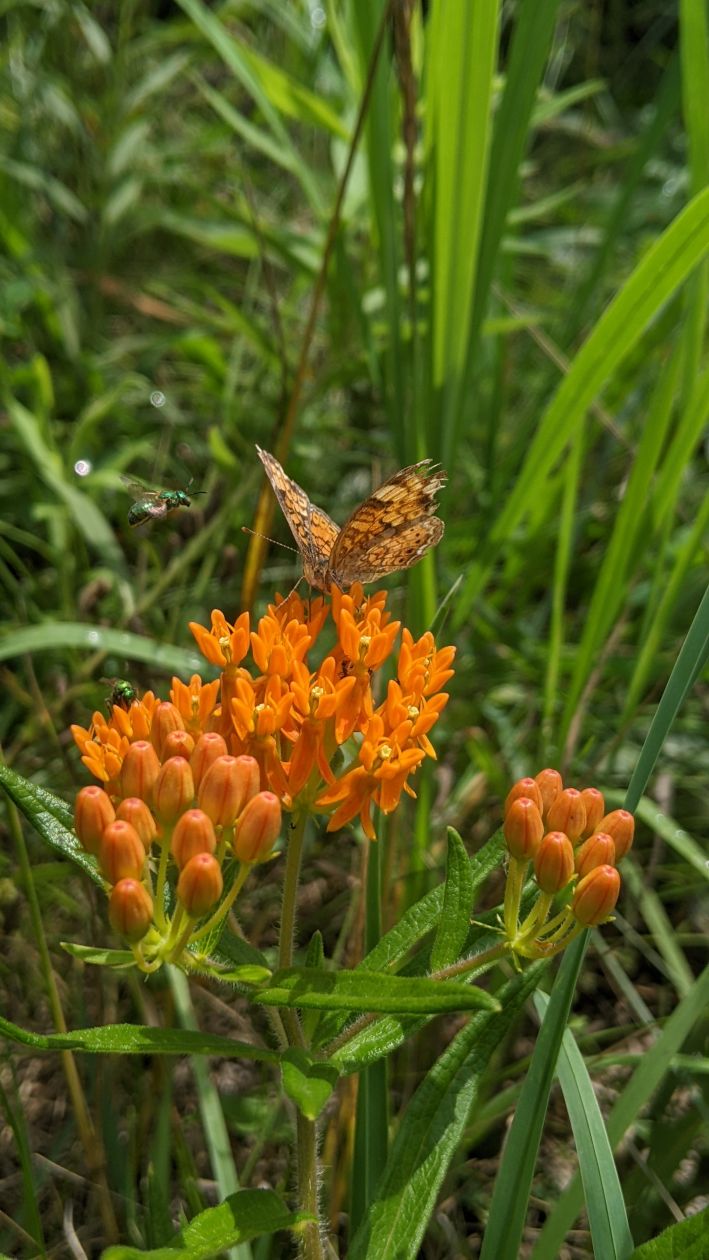About the Hub

With support from Parks Canada, the University of Windsor proudly hosts the University of Windsor National Urban Park Hub (UW-NUPH), emphasizing its commitment to environmental stewardship, reconciliation with Indigenous Peoples, and inclusive community engagement.
The collective work of the Hub aims to honour Treaty responsibilities, promote reciprocal relationships with nature and enhance engagement with citybuilding through efforts that centre the diversity of lived experiences and historical contexts that define the vibrancy and uniqueness of cities in Canada. UW-NUPH represents Canada's inaugural effort of this kind, focusing on the implementation of Canada's national urban parks policy through co-creation and collaboration.
A contribution agreement of $1.2 million from Parks Canada with matching funds from the University of Windsor launches the initiative alongside and in time for the co-creation of Windsor as a future national urban park. Under the co-leadership of three University of Windsor researchers Dr. Catherine Febria, Professor Clint Jacobs and Dr. Anneke Smit, the team is committed to envisioning a proposed national urban park in the Windsor area and providing valuable insights for Parks Canada's National Urban Parks Policy and future implementation of national urban parks.
Our core activities will focus on the three core objectives of the National Urban Parks Program: conserving nature; connecting people with nature; advancing reconciliation with Indigenous peoples. Importantly, we will also work across the core objectives to co-create and implement evidence-based wise practices from which knowledge can be shared.
Over the next two years, the Healthy Headwaters Lab will oversee the University's scientific contributions, ecological monitoring, and the co-mentorship of Indigenous stewards. The Centre for Cities (C4C) will conduct research to promote inclusive and sustainable urban development and engagement practices, in close partnership with community collaborators, recognizing and celebrating Windsor's rich historical diversity. The Indigenous Knowledge Table will be the heart of the effort, shepherding a vision inclusive of Indigenous communities in cities and across Waywiyaataanong - Where the river bends, also known as Windsor.
The launch of the hub represents years of collaborative efforts involving various stakeholders and rights holders, including conservation organizations, government bodies, First Nation communities, and many communities across the region. It serves as a remarkable testament to the collective achievements of all those involved. Moving forward, the hub will seek to generate and nurture connections within and across cities to advance a shared vision of urban sustainability, Indigenous-led stewardship and equitable place-making for the benefit of future generations.
We acknowledge with gratitude the land, air, water, fire and all the beings of creation that sustain us. We honour the longstanding relations of many First Peoples to this place since time immemorial (including the Anishnaabe, Haudenosaunee, Lunaapee, and Huron/Wendat Peoples). We acknowledge colonial harms. We commit to renewed and respectful relations to people, nature and this place.

® 2024 University of Windsor
